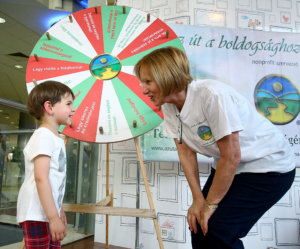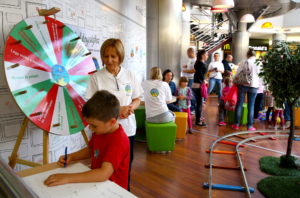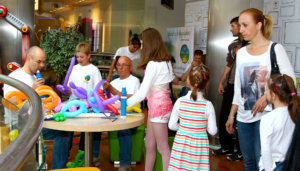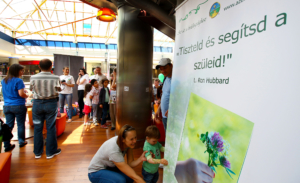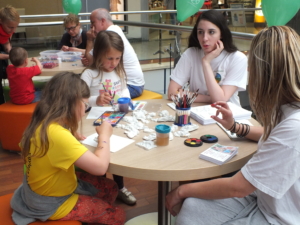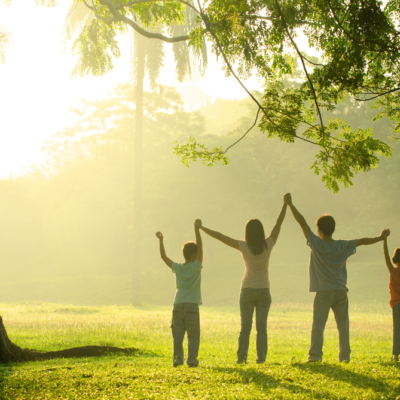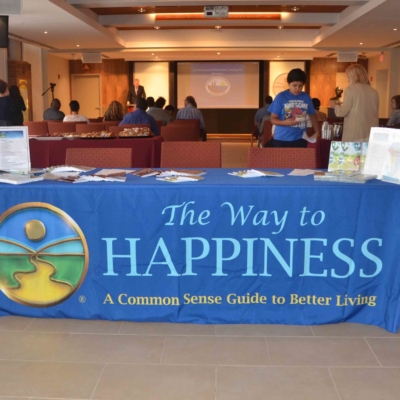Children’s Day is currently recognized on various days in many different countries around the world. Universal Children’s Day, which is on November 20th every year, was first observed by the United Nations General Assembly in 1954. It was established in order to encourage all countries to institute their own specific Children’s Day to promote mutual exchange and understanding among children, as well as to promote the welfare of the world’s children. The Declaration of the Rights of the Child was adopted by the United Nations on November 20th, 1958, and the Convention on the Rights of the Child was adopted on November 20th, 1989 to help further these goals.
While the celebration of children is certainly important, Universal Children’s Day was not established simply to celebrate children, but to raise general public awareness that there are children around the globe who are suffering from abuse, exploitation and discrimination. In some countries, children are forced into labor, immersed in armed conflict, living on the streets and suffering because of differences in religion or race or because of disabilities.
Children’s Day in Hungary
Hungary first adopted Children’s Week in 1931. In 1950 it was reduced to Children’s Day, and it takes place every year on the last Sunday in May. This past Children’s Day, The Way to Happiness organization in Hungary hosted a public event to help raise awareness of the issues facing children, and what others in society can do in order to help address and resolve these issues.
The Way to Happiness booklet is a non-religious moral code based entirely on common sense. It contains twenty-one easy-to-follow precepts that guide individuals into proactively addressing and halting the moral decline currently affecting our society. These precepts include: Take Care of Yourself, Be Temperate, Don’t Be Promiscuous, Love and Help Children, Honor and Help Your Parents, Set a Good Example, Seek to Live with the Truth, Do Not Murder, Don’t Do Anything Illegal, Support a Government Designed and Run For All the People, Do Not Harm a Person of Good Will, Safeguard and Improve Your Environment, Do Not Steal, Be Worthy of Trust, Fulfill Your Obligations, Be Industrious, Be Competent, Respect the Religious Beliefs of Others, Try Not to Do Things to Others That You Would Not Like Them to Do to You, Try to Treat Others As You Would Want Them to Treat You, and Flourish and Prosper. The Way to Happiness seeks to help restore honesty, integrity and trust to humankind, and it can be followed by anyone, no matter their race, color or creed. It is most helpful when passed from one individual to another-effectively spreading its powerful messages through human contact.
The Way to Happiness Children’s Day event in Hungary took place in Duna Plaza, one of the biggest plazas in Budapest. There were a variety of programs held between 9:00 a.m. and 5:00 p.m., and many The Way to Happiness booklets and calendars were handed out to participants. There was also The Way to Happiness “fortune wheel” with all the various principles on it.
This event was not only fun for all participants, it helped to raise awareness of the many issues facing children, and indeed society at large. It also helped to teach the public about some simple actions that can be taken to help improve the conditions of our society, and help children lead healthier, happier lives. Considering that the children of today are the adults and leaders of society tomorrow, it becomes quite clear why events like The Way to Happiness Hungary’s Children’s Day event are so critical.


